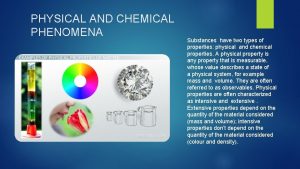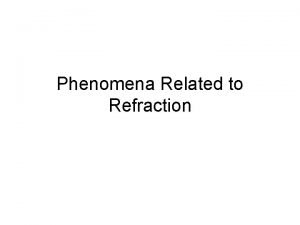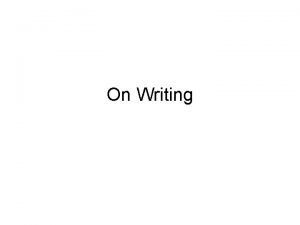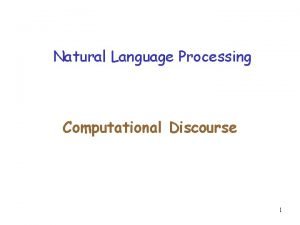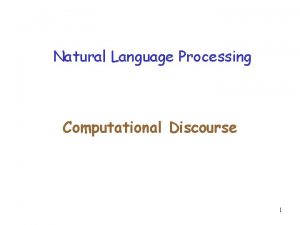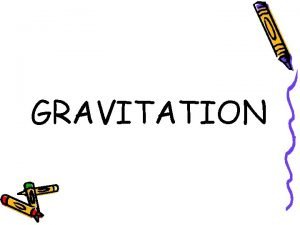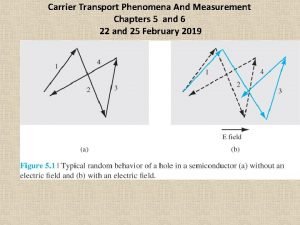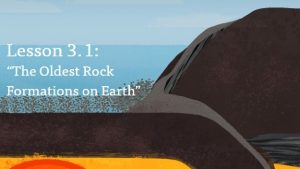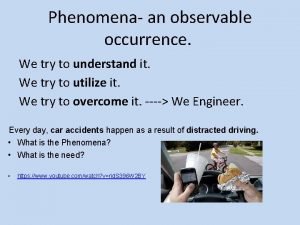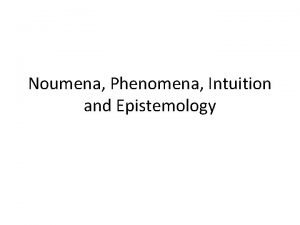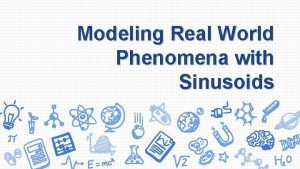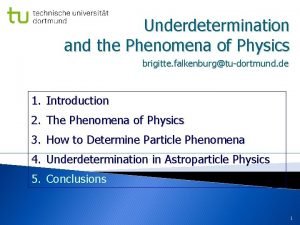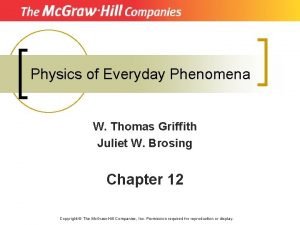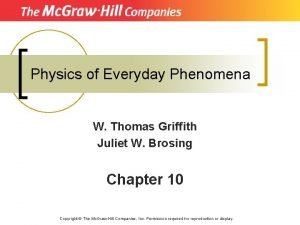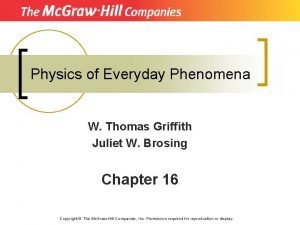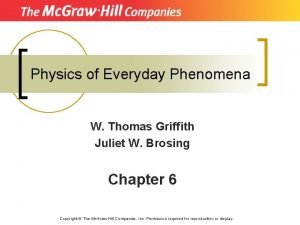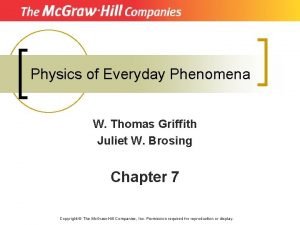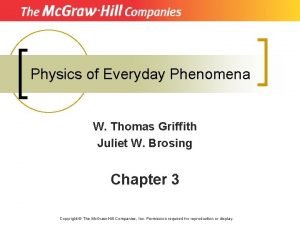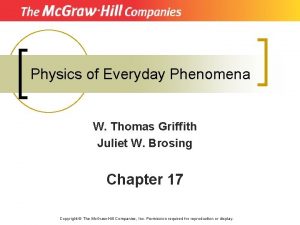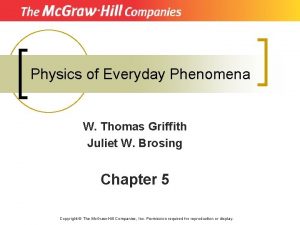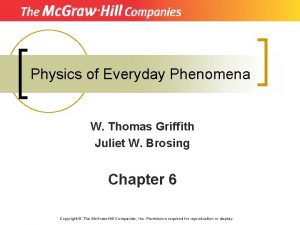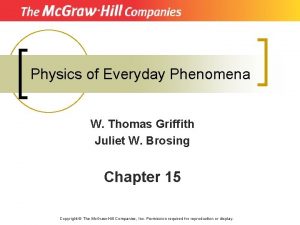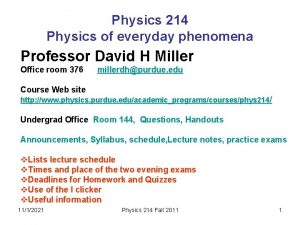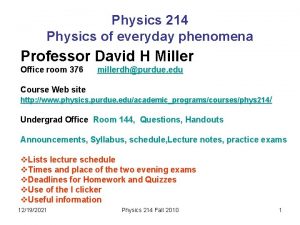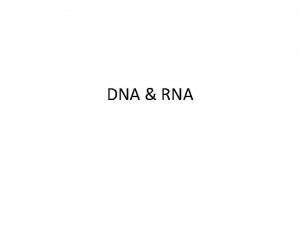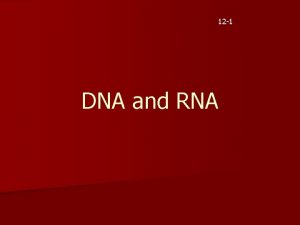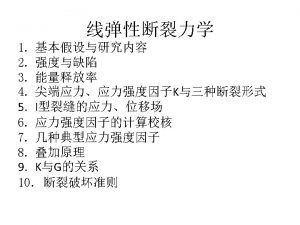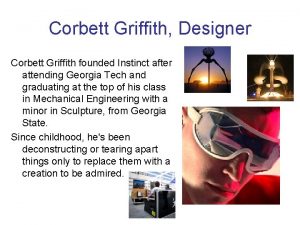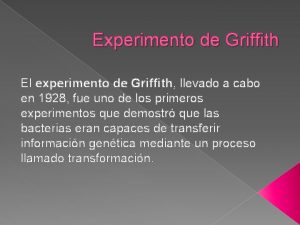Physics of Everyday Phenomena W Thomas Griffith Juliet





















- Slides: 21

Physics of Everyday Phenomena W. Thomas Griffith Juliet W. Brosing Chapter 4 Copyright © The Mc. Graw-Hill Companies, Inc. Permission required for reproduction or display.

Question 4. 1 If no force is acting on an object, the object is A. at rest. B. slowing down. C. moving with a constant velocity. D. at rest or moving with a constant velocity.

Question 4. 2 According to Newton’s 2 nd Law A) If the force is doubled and the mass remains the same the acceleration will halve. B) If the force is doubled and the mass remains the same the acceleration will double. C) If the force is doubled and the mass remains the same the acceleration will increase by a factor of 4. D) If the force is doubled and the mass remains the same the acceleration will decrease by one-fourth.

Question 4. 3 A constant force F acts on block 1 with mass m and block 2 with mass 2 m. Which graph correctly represents the accelerations of the blocks ? A. B. C.

Question 4. 4 A constant force is acting on an object. Which of these graphs best represents the acceleration of the object? A. a B. C. a a

Question 4. 5 An ice skater glides across a frozen pond at a constant velocity. What is the net force acting on the skater? A. more than her weight B. equal to her weight C. less than her weight but more than zero D. depends on her speed E. zero

Question 4. 6 You put your notebook on the front seat of your car. When your car stops, the notebook slides off forward. Why? A. a force pushed it B. no force is pushing it C. it remained at rest D. it didn't move, but only seemed to E. gravity briefly stopped acting on it

Question 4. 7 A single force is acting on an object. Which type of motion is not physically allowed? A. the object speeds up B. the object is at rest C. the object slows down D. the object's motion changes direction

Question 4. 8 If an astronaut takes an object to the moon the following is true (choose only one) A) both the mass and the weight of the object will change. B) both the mass and the weight of the object will be the same. C) the weight will change but the mass will be the same. D) the mass will change but the weight will be the same.

Question 4. 9 Object A is more massive than object B. Which of the following statements is true? A) Both object A and object B experience the same gravitational force. B) Both object A and object B experience the same gravitational acceleration. C) Object A experiences a greater gravitational force and gravitational acceleration than object B.

Question 4. 10 A ping-pong ball collides with a bowling ball. Which experiences the greatest force? A. the ping-pong ball B. the bowling ball C. they experience the same force D. the force on each depends on its velocity E. the force on each depends on its mass

Question 4. 11 A normal force A) is any everyday force B) is the gravitational force C) acts perpendicular to the surface D) is always equal to the weight of an object.

Question 4. 12 A book is sitting on a desk top. Identify the 3 rd law partner of the weight of the book. A. the force of the desk on the book B. the force of the book on the desk C. the force of the earth on the book D. the force of the book on the earth

Question 4. 13 Which of the following pairs of forces are an actionreaction pair according to Newton’s 3 rd law? A) The push of the road on the car and the push of the car on the road B) The weight of an object and the normal force on the object C) The air resistance on a sky diver and the weight of the sky diver D) The frictional force acting on an object and the force used to push an object

Question 4. 14 A constant force is acting on an object. Which of these graphs best represents the velocity of the object? A. B. C.

Question 4. 15 You stand on a scale that rests on the floor of an elevator that is accelerating upward. What is the relationship between the force due to gravity and the normal force exerted by the scale? A. N > mg B. N = mg C. N<mg D. N = 0

Question 4. 16 Terminal velocity is a term used to describe A) the velocity of a train pulling into a terminal. B) the constant velocity a falling object reaches when the net force is zero. C) the force of air resistance on a sky diver. D) the initial velocity of an object when in free fall.

Question 4. 17 When a sky diver exits an airplane her A) acceleration is at a maximum. B) velocity is at a maximum. C) acceleration remains constant. D) acceleration is at a minimum.

Question 4. 18 The diagram below shows two connected carts with different masses accelerating due to a constant force F. Which of the following statements is true. A) The force of m 2 on m 1 is greater than F. B) The force of m 1 on m 2 is equal to F. C) The force of m 1 on m 2 is less than F.

Question 4. 19 Two blocks of mass m 1 and m 2 are connected by strings and pulled with constant acceleration a. What is the relationship between the tension in each of the strings? A. T 1 > T 2 B. T 1 < T 2 C. T 1 = T 2 D. T 1 = T 2 = 0

Answer Key to Chapter 4 1) 2) 3) 4) 5) 6) 7) 8) 9) 10) D B C A E B B C 11) 12) 13) 14) 15) 16) 17) 18) 19) C D A B A C B
 Griffith thomas
Griffith thomas Forensic anthropologist vs forensic pathologist
Forensic anthropologist vs forensic pathologist Phenomena yksikkö
Phenomena yksikkö Ppt on some natural phenomena class 8
Ppt on some natural phenomena class 8 Physical and chemical phenomena
Physical and chemical phenomena Phenomena related to refraction
Phenomena related to refraction Observable phenomena
Observable phenomena Objective phenomena
Objective phenomena Reference phenomenon in nlp
Reference phenomenon in nlp Reference phenomenon in nlp
Reference phenomenon in nlp Colloid examples
Colloid examples Is gravity a natural phenomenon
Is gravity a natural phenomenon Carrier transport phenomena
Carrier transport phenomena Anchor phenomenon
Anchor phenomenon Observable phenomenon
Observable phenomenon Surface and interfacial phenomena
Surface and interfacial phenomena Reoulox phenomena
Reoulox phenomena Global climate phenomena
Global climate phenomena Random phenomena
Random phenomena Phenomena and noumena
Phenomena and noumena Sinusoidal examples in real life
Sinusoidal examples in real life What is the meaning of phenomena
What is the meaning of phenomena




